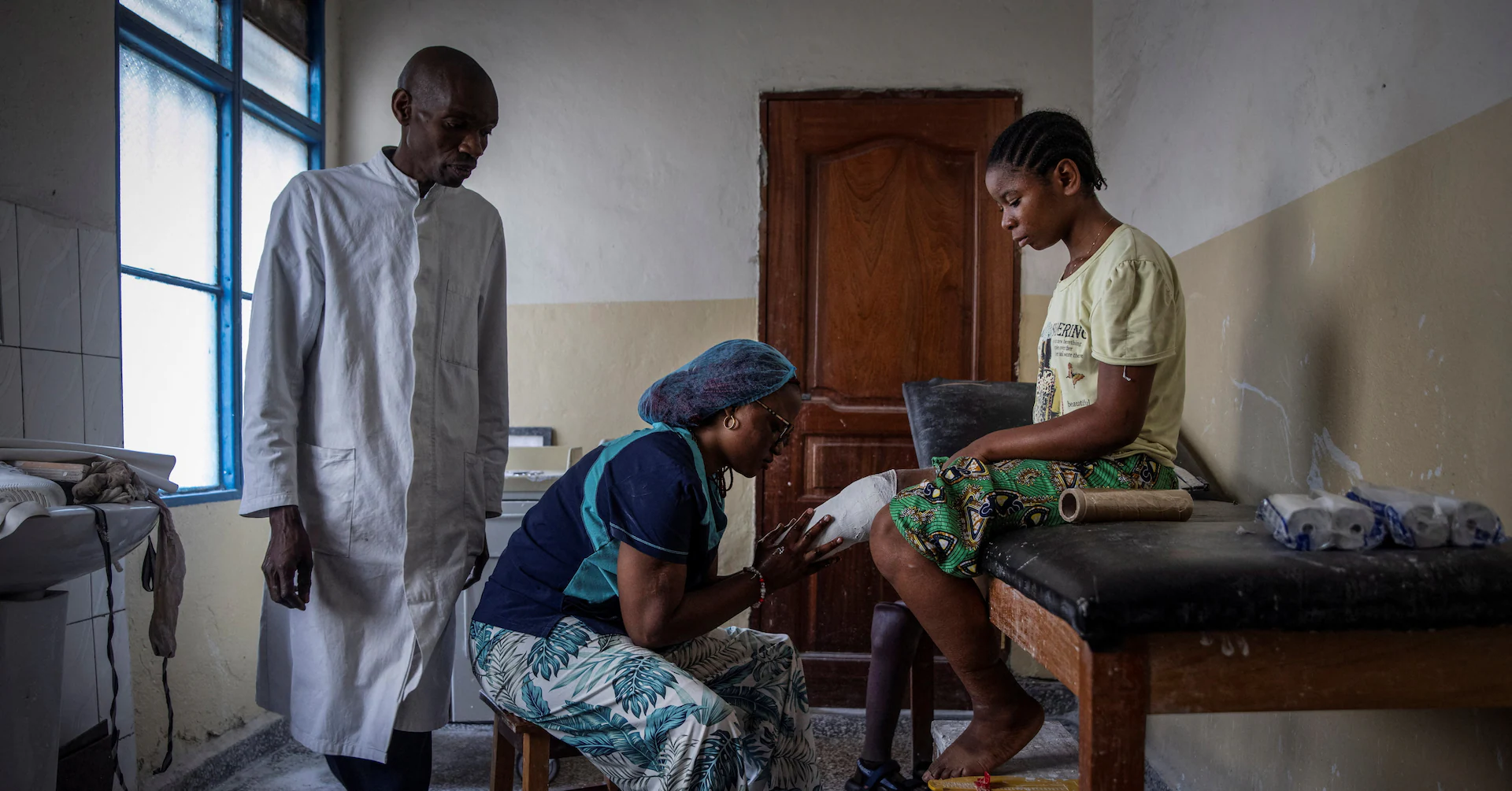Copyright theleader

The recent decision by the PP and Vox parties in the Valencian Parliament to separate statistical data between native and migrant populations has sparked widespread concern among social organizations and academic experts. While some argue this differentiation could offer insight into public policy needs, many fear it risks reinforcing prejudice rather than fostering understanding. Organizations like Cáritas emphasize that data can be useful when used ethically to improve citizens’ well-being. However, its Secretary General in Alicante, Javier Ruvira, warns that statistics should not be weaponized to suggest immigrants create a negative impact. He stresses that public institutions have a legal and moral duty to support all citizens. He also notes that while most people in poverty are Spanish, immigrants often face higher risks due to barriers in employment and access to services. Groups aiding migrants, such as CEAR, warn that such statistical separation could stigmatize immigrants, weaken social cohesion, and legitimize discriminatory attitudes. They underline that migrants contribute significantly to Spain’s cultural diversity, economy, and labor force, often taking on essential jobs in agriculture, healthcare, and caregiving—sectors vital to the country’s development. Pedro Juan Díaz, director of ASTI, argues that although the measure is discriminatory, it may ultimately reveal the truth: immigrants are not a burden but a valuable part of society. Their work supports the economy, sustains pension systems, and revitalizes rural and aging communities. Academics share similar concerns. Carlos Gómez Gil, professor of Sociology at the University of Alicante, highlights that history shows migration drives innovation, progress, and prosperity. He criticizes attempts to simplify demographic realities and reminds us that scientific research overwhelmingly confirms the positive role of migration in social and economic growth. Alfonso Ortega, professor at UMH, agrees that differentiated data can improve policymaking if used responsibly. He insists that such information must serve to integrate and support migrants—not divide society or fuel xenophobia. In the health sector, experts acknowledge that migrants may have greater needs due to their circumstances, but addressing those needs strengthens public health for everyone. Ultimately, migration is a natural and enriching part of Spain’s history. Rather than fostering fear, society should embrace the opportunities immigrants bring—diversity, resilience, labor, innovation, and cultural richness—essential ingredients for Spain’s future.



